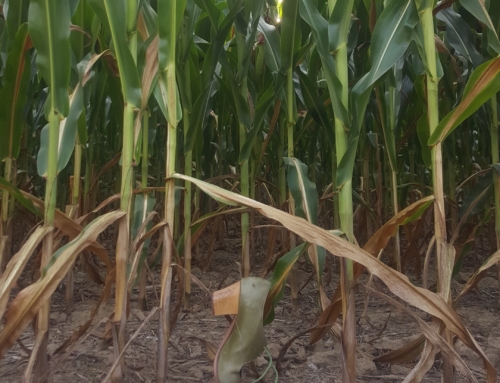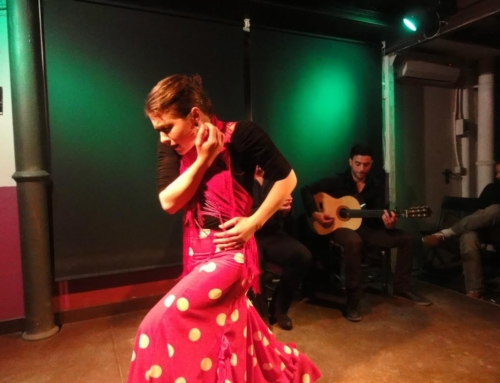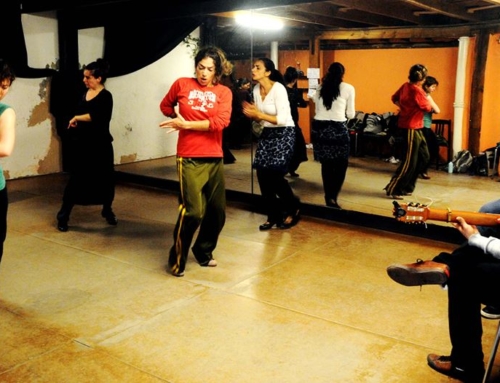As I get ready to leave for Spain in just a few days, I’ve never felt so giddy and nostalgic at the same time. Half of me wants to sit down and have a good cry for everything I’m leaving behind, and half of me wants to jump up and down for joy for all that awaits me in Spain. It seems like I’ve accomplished quite a bit in the United States in the flamenco world, both in my dancing and writing about flamenco. Now, to really understand flamenco and become fluent in it, I simply have to travel to Spain. Like learning any language, there’s only so much you can acquire outside of its native country.
I want to be able to express anything with flamenco, which means I need to expand my vocabulary and acquire a better understanding of the musical structure and culture that shape the art form. To do so, I will intensively study at Estudio de Baile Andrés Marín Flamenco Abierto in Sevilla, participating in their 9-month Advanced level professional courses from September 2012 to June 2013. The program emphasizes the relationship between cante (song) and baile (dance) to foster a clear understanding of flamenco’s complex musical structure and how that structure relates to choreographic expression. I plan on studying with other masters of the art form, such as Rosario Toledo, Pili Ogalla, Torombo, and many others.
| Andrés Marín |
Studying with dancers in Spain renowned for successfully performing more experimental pieces will enhance my ability to construct and dance choreographies that express my own true self and also are inspired by more abstract ideas. Earlier this year, while working alongside dancer and choreographer Rosario Toledo as part of the first Philadelphia Flamenco Festival, I experienced firsthand how to present dance that incorporates intellectual themes and ideas and I want to continue exploring flamenco in that manner.
| Rosario Toledo |
My number one goal is to not be a “tourist” flamenco dancer. As much as I can, I want to integrate myself into the flamenco community in Sevilla. Beyond simply taking classes, it’s essential to my project to perform whenever possible, to participate in as many juergas (flamenco gatherings/jams) as possible, to speak with as many flamencos and aficionados as possible, to travel to many of the smaller towns in Andalucía, and simply put, to live flamenco. I’m not entirely sure where I’ll end up at the end of the Fulbright, but keep checking my blog to find out! J





Can you name the best places to study abroad in spain?
We have the same interests. I'm always intrigued by the flamenco and other dance styles that originated in Spain and Mexico. When I travel to spain this year, I'll make sure to check out dance theatres, performances, and shows. In addition, I'm going to see if I can schedule my trip during a major festival; I heard there are lots of dancing going around in the streets in Spanish festivals.
I have always admire the traditional culture of Spain. Its very nice to know that despite the growing change in its economic progress its rich culture is still very evident. After booking some affordable accommodation through travel republic, I will finally get to travel and experience for myself a real flamenco show. I am quite excited!